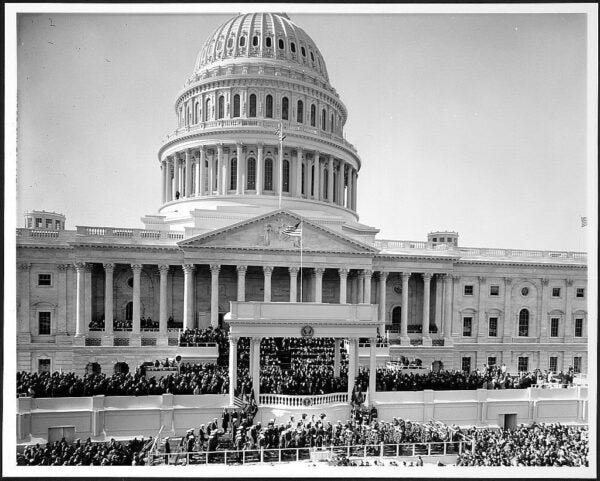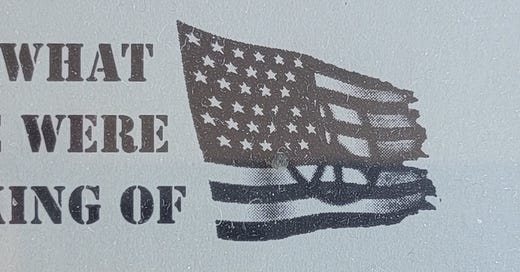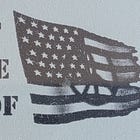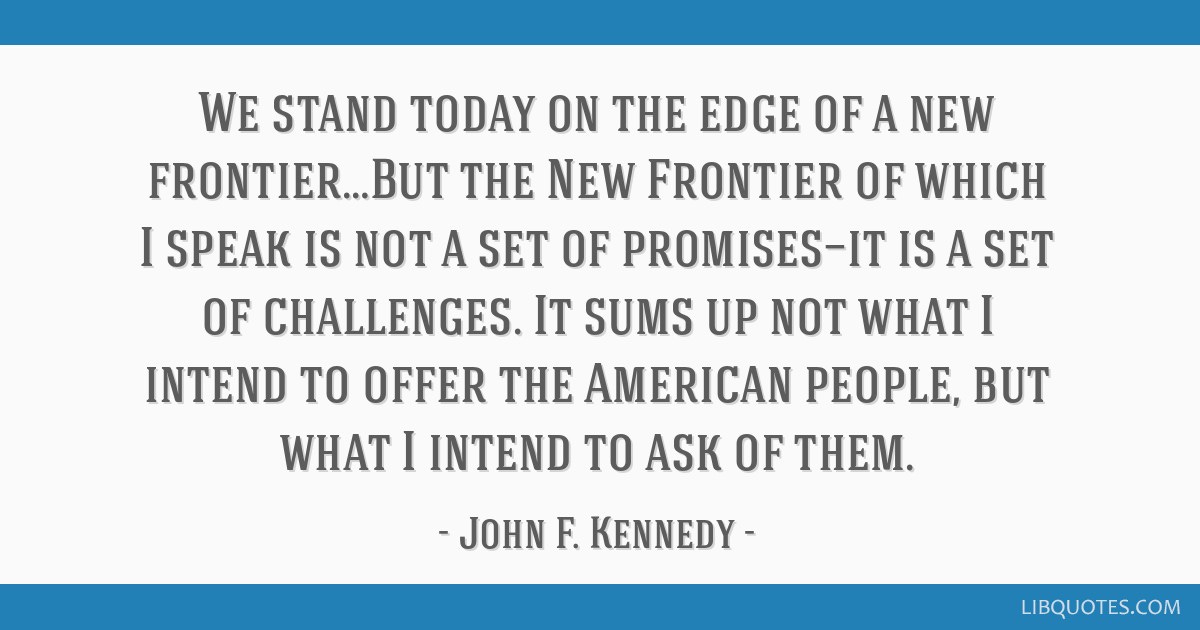⇐ Introduction
⇒ Part 2, “Where is my daughter? Who are my sons?” (June 14, 2025)
Homo Vitruvius and American Samizdat serve as homes for my weekly creative writing and intellectual exploration. HV persists as my original and primary Substack in these pursuits; AS arose in resistance to Trumpism and is dedicated to its defeat. From memoir and poetry to fiction and drama, mostly in HV, to history and political philosophy, predominantly in AS, you will find it here, integrated across the two stacks through a creative and intellectual sensibility I hope you will find invigorating. The stacks may be subscribed jointly or singly in Manage Subscription.
Your support for my writing on these two stacks lifts me up. Your readership and your likes, your comments, shares, and recommendations, and your free and paid subscriptions enable me in the creative project of my writing life and in my mission to offer a renascent light against the darkness: art, information, culture, and ideas for a free, tolerant, and democratic people. Thank you for your interest and support.
All writing at Homo Vitruvius is free during the week of its publication. It then moves into the paid subscriber archive. At the new monthly subscriber rate, access to the archive costs only $2 per month. Your paid monthly subscriptions and, if you can afford it, your annual subscriptions, are deeply appreciated and help sustain my writing. However, What We Were Thinking Of will be an exception. Access to each installment — to the whole play as it publishes — will remain free for the length of the serialization.
♦︎ ♦︎ ♦︎
Our fathers never knew each other during the war. But each came home with his own hopes, his own eagerness to put the war behind him — somehow to get on with life. Each of them had his own secrets, too, about what he had done or experienced, what he had witnessed. Each, for his own reasons, never spoke of those things.
David
What We Were Thinking Of
by A. Jay Adler
a play in two acts
I stood in this unsheltered place Until I could see the face behind the face All that had gone before had left no trace Down by the railway siding In our secret world, we were colliding All the places we were hiding love What was it we were thinking of? ~ Peter Gabriel, “Secret World”
Time and Setting
The play takes place in the mind and memory of David Rich, across the United States, from 1961 –1991.
Characters
10 actors, 17 roles
David Rich Prof. of Literature, Jewish, ex 60s radical, 43
Bud Powell David’s childhood friend and fellow student activist, 43
Charles Powell Bud’s father, a retired State Department officer and CIA agent, late 60s-70
Sara Flannery David’s Irish-catholic ex-wife, a public interest attorney, 43
Kurtis Brown David’s African American colleague and friend, 40s
George Gray David’s colleague, a member of the “old guard,” 60s
Kate Coleman David’s graduate student and lover, late 20s
Robert Smith A private eye and “pretty rotten Mormon,” 40s
Jarrod David’s graduate student, late 20s
Beatrice Rich David’s mother, late 60s-70
Hannah Rich David’s adopted daughter and Bud and Sara’s natural daughter, a U.S. Army Blackhawk helicopter pilot, 20, played by the actress playing Kate.
Renata Powell Bud’s mother, 60s, played by the actress playing Beatrice.
Agent Strait An FBI Agent, played by the actor playing Jarrod.
Larry Havermore A Chicago Tribune reporter
ACT 1
(The action takes place in the remembered, reconsidered experience of David. We are in his mind and memory, but once he opens the letter he holds in his hand at the beginning, until he opens the letter in his hand at the end, we know his mind and memory only in his direct recollection of his experiences, rather than through any address to the audience as in the beginning and the end.)
(The settings are those of David's recollected experience, and so are settings all across the United States. They are minimal, as the mind will recall only necessary detail, but they capture particular locales -- as the mind will remember the setting of experience -- and the breadth of the American landscape.)
(A projection screen hovers visibly overhead in the background. On it show, when called for, textual fragments of documents referred to or relevant to the action. The words and ideas and the fragments of culture they represent hover over David like the sky of his world, the cosmos in which he lives.)
(As the memory is fluid so are the "scene," or memory, changes, which focus always on David. Thus, David simply walks into new memories, away from one character to join other characters, or other characters come to him.)
(For a minute or two before the action begins, a collage of the following quotations, without quotation marks and in roughly the following order, is projected visibly over the darkened stage: “When in the course of human events, it becomes necessary for one people to dissolve the political bonds which have connected them with another..." "Words are also actions, and actions are a kind of words." "Camerado, this is no book/ Who touches this touches a man." "I have traveled a good deal in Concord." "Call me Ishmael." "There was things which he stretched, but mainly he told the truth." "After great pain, a formal feeling comes - " "My soul has grown deep like the rivers." "We milk the cow of the world, and as we do/ We whisper in her ear, 'You are not true.'")
(David walks slowly onto the dark stage. As lights come up dimly on him, he looks around a little, thoughtfully, but not uncertainly. He knows where he is. He holds an envelope in one hand. He stares at it.)
DAVID
(to the audience)
Bud and I were both born in 1947. But he was always older than I was. I was tall, but Bud was taller. I was fast, but Bud was faster. I was bold, but Bud was always bolder. They all talked about how smart I was. Everyone knew Bud was brilliant. Everyone believed we would both go far. Bud went too far. It can be so hard to know the difference. I try to know. Try to examine the choices that I made...make -- that we all make, or don't make, which are choices, too. Even the things we say -- or don't say. And all of them, every one of them -- especially the ones that miss their intention, even a little -- they all add up and take on this weight --
(looks down at the envelope in his hands)
-- if you pay too much attention to them -- this awful weight. You get so -- when you need to know what to do -- you can barely move for fear... But if you don't pay attention, if consequence becomes a kind of demon you refuse to let haunt your sleep, so you can live -- what are you then? One of the actors of the world, I guess -- the people who make things go.
(David turns as lights come up on the bedroom of Charles and Renata Powell. It is January 1961, the day of John F. Kennedy's inauguration. Renata helps Charles with his tie before the bedroom mirror. Charles checks his watch.)
(On the screen above, the first words of the Twentieth Amendment to the Constitution: "The terms of the President and Vice President shall end at noon on the 20th day of January...")
(David enters the bedroom.)
DAVID
(in a young voice)
It's a long title, Mr. Powell.
CHARLES
It's an important job, David. It will be very important in the next few years.
RENATA
Yes, Charles. But it is so long. Deputy Assistant Secretary of State for Southeast Asian Affairs. Do they fit that all on a card?
CHARLES
I'm sure they manage.
RENATA
It's a little comical.
CHARLES
Thank you. Thank you both very much.
RENATA
Not the job, Charles, the title.
CHARLES
Yes, well -- David, would you do me a favor and go make sure Bud's getting ready?
(Lights dim on the bedroom as David exits.)

DAVID
(to the audience)
Our fathers never knew each other during the war. But each came home with his own hopes, his own eagerness to put the war behind him -- somehow to get on with life. Each of them had his own secrets, too, about what he had done or experienced, what he had witnessed. Each, for his own reasons, never spoke of those things. And they both returned home to the same Washington D.C. suburb, where their sons, born in the same year, grew up as the closest - the closest - friends. Life was good as far as Bud and I had cause to know. Simple, too. So simple. There were these fears. But the fears, like bad dreams in the night, the shadows at the border of light -- like any frontier beyond the things we know -- they made the things we did know, what was familiar to us, seem that much better and simpler, safer and sure.
(beat, more reflective still)
There's always a point, though, when you can't take comfort in those imagined boundaries anymore.
(Lights up center stage on fourteen year old Bud sitting on a sofa. He is in jeans and a t-shirt watching television coverage of the inaugural preparations.)
(On the screen above, the opening words of JFK's inaugural address: "We observe today not a victory of party but a celebration of freedom -- symbolizing an end as well as a beginning -- signifying renewal as well as change.")
(From the TV, facing upstage, comes a newscaster's description of the inaugural preparations.)
NEWSCASTER (V.O.)
As the capitol prepares with hope and, really, a youthful energy this reporter hasn't seen in some years --
DAVID
(entering, overlapping in a youthful plea)
Bud...
(Charles and Renata enter.)
NEWSCASTER (V.O.)
That's a shot of Pennsylvania Avenue, where in three hours the newly sworn in President --
(Charles turns off the TV.)
CHARLES
Buddy, what are you doing? I told you to get dressed. We're late. President Kennedy --
BUD
You never answered my question.
CHARLES
What question?
BUD
Did we support Batista?
CHARLES
Ah, Buddy, I don't have time for this now. This is a very important day.
BUD
Did we?
CHARLES
I never worked on Cuba.
BUD
What about Guatemala? Did we overthrow the government?
CHARLES
Guatemala? When?
BUD
1954. When you worked there.
CHARLES
You were seven years old. What do you care? What difference does it make to you?
BUD
It makes a difference.
(Charles checks his watch.)
CHARLES
Listen. I need you to get dressed, and fast. This is very important. I can't explain this now.
BUD
Can't? Or won't?
CHARLES
I don't have time to quibble over words.
BUD
Words matter.
CHARLES
You're damn right words matter. Food. Safety -
(He grabs Bud's shirt. Bud's resistance is cold and limp.)
CHARLES
(continuing)
Clothes. Father. Son. Respect. Those are words that matter. They should matter to you.
(softens)
Buddy, please. We'll talk about this later. You don't understand the position you're putting me in.
BUD
(coldly impersonal)
I want to know what position you've put me in.
CHARLES
(softly, chilled to think it so)
This is personal.
BUD
It's not personal.
(A haunted look comes over Charles as he realizes it's not personal -- that on the deepest level, it must be personal. He walks to Renata.)
CHARLES
We have to go now.
RENATA
Without Bud?
CHARLES
Of course, you're still welcome to come with us, David, if you'd like.
DAVID
(glancing at Bud)
Uh, I -- thank you, Mr. Powell, but I, uh, think maybe I'd better...
(Charles turns to go, taking Renata's arm. Bud stares blankly into space. All freeze.)
DAVID
(continuing, to the audience)
Sometimes, God, we need those boundaries again -- the frontiers pushed back. I read books. And write them. I measure the distance between every word —
(glancing down at the envelope)
— and its meaning. So many meanings. The distance between every act —
(he gestures a little with the envelope)
— and its intention — which, as a matter of pedagogical principle, I say it's impossible to know.
(beat)
All we have in the end are the words. And the things we do.
(Lights dim, leaving only David visible.)
AJA
⇐ Introduction
⇒ Part 2, “Where is my daughter? Who are my sons?” (June 14, 2025)
Poet. Storyteller. Dramatist. Essayist. Artificer.









Bravo, Jay. Really fine work, IMHO. While we understand that a play is a performative vehicle, this one in print, offered for us to read, works. I want to read more. And I read it as one who lived and experienced the periods covered. The characters are of their time. Having known well a number of CIA and State people, I can vouch for how you've handled that conversation between father (Charles) and son (Bud) - I think of how many of us went to the streets and protested the culpability of our government - and I can imagine how that tension, between truth and lies, is going to play itself out as the play progresses. I very much like how you envision the play's staging; your choice of quotes, whose sources I recognize (thank goodness), is apt; I see them as ironic, given what follows, and, perhaps, a foreshadowing of disappointments and tragedies to come. Whatever we read or see or hear or do is colored by all we've experienced, and I am particularly interested in knowing how your play holds up against my life as I experienced in all those years.
An aside, I thought of Thornwillow Press in Newburgh, NY, as a possible fine press publisher of the play. I don't think it has published a play yet, but I can see your work emerging as one of its monthly Dispatch publications (letter press, limited edition), initially reserved for subscribers-collectors at three price points, and offered subsequently to anyone (I've purchased several). You might take a look (thornwillow.com).
Fantastic start! ❤️